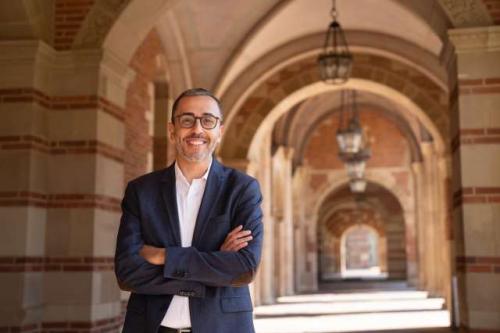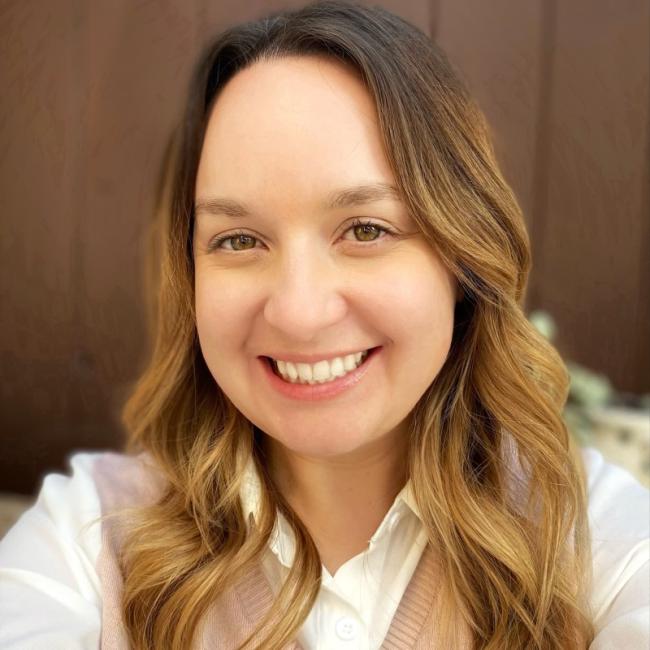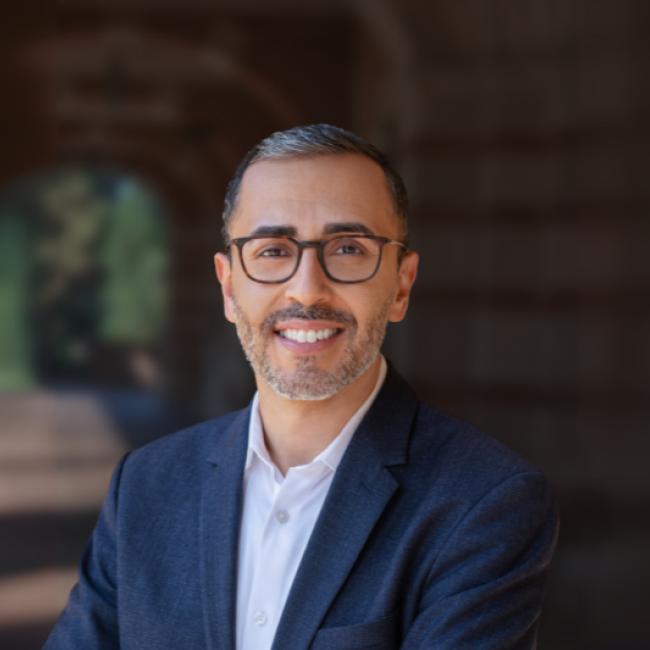
Dr. Mina Sedrak receives grant from Rising Tide Foundation for Clinical Cancer Research
Dr. Mina Sedrak, associate professor of medicine at the David Geffen School of Medicine at UCLA and director of the Cancer and Aging Program at the UCLA Health Jonsson Comprehensive Cancer Center, was awarded an $800,000 grant from the Rising Tide Foundation for Clinical Cancer Research to help advance the diversity and inclusion of a clinical trial examining how exercise and certain drugs may be able to slow chemotherapy-related accelerated aging seen in breast cancer survivors.
The phase 2 trial, known as PROFFi, is specifically looking at how fisetin, a natural substance found in foods like strawberries, along with exercise, can help prevent frailty in breast cancer survivors by targeting senescent cells. Senescence happens when cells get damaged and stop dividing. After chemotherapy, instead of being cleared away, senescent cells stay in the body and release harmful substances that cause inflammation and tissue damage. When combined with physical activity, fisetin may help clear senescent cells, potentially enhancing patients' overall health and preventing accelerated decline in function or frailty.
The trial is already open and enrolling patients at UCLA under the leadership of Dr. Sedrak and at the University of North Carolina with Dr. Hyman Muss and Dr. Yara Abdou.
The additional funding will allow the team to expand the trial to two new sites: Emory University, led by Dr. Mylin Torres, and UT Southwestern Medical Center, with Dr. Poorni Manohar and Dr. Heather McArthur. It will also support new patient partnerships with patient advocates Beverly Canin, Sandra Finestone, and Patty Spears. These patient partnerships will ensure that the research is not only relevant to breast cancer survivors but also directly informed by their experiences, needs, and priorities, ultimately enhancing its real-world impact.
The Rising Tide Foundation for Clinical Cancer Research, founded in 2010 in Switzerland, is a nonprofit organization funding interventional clinical trials in all cancer types worldwide. It strives to redefine clinical cancer research by treating patients as partners, involving them from formulating research questions to sharing outcomes.

